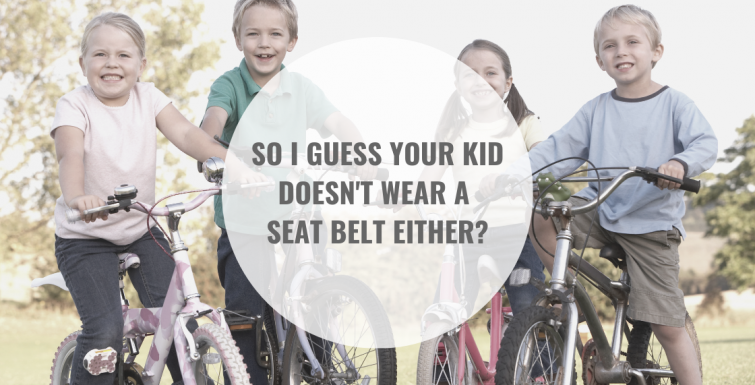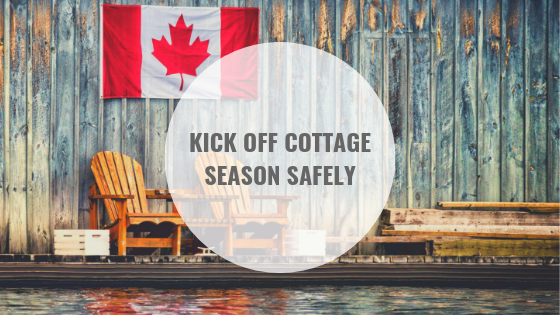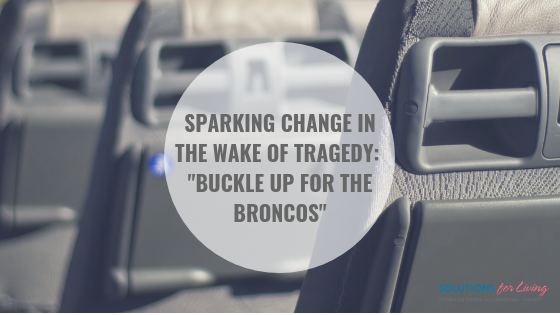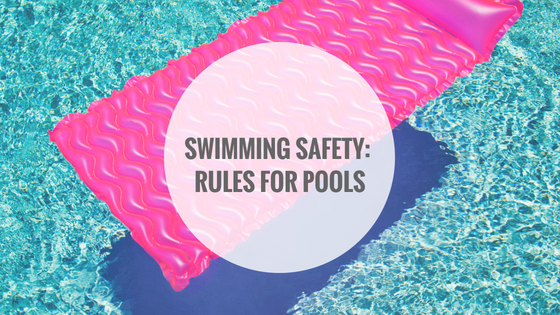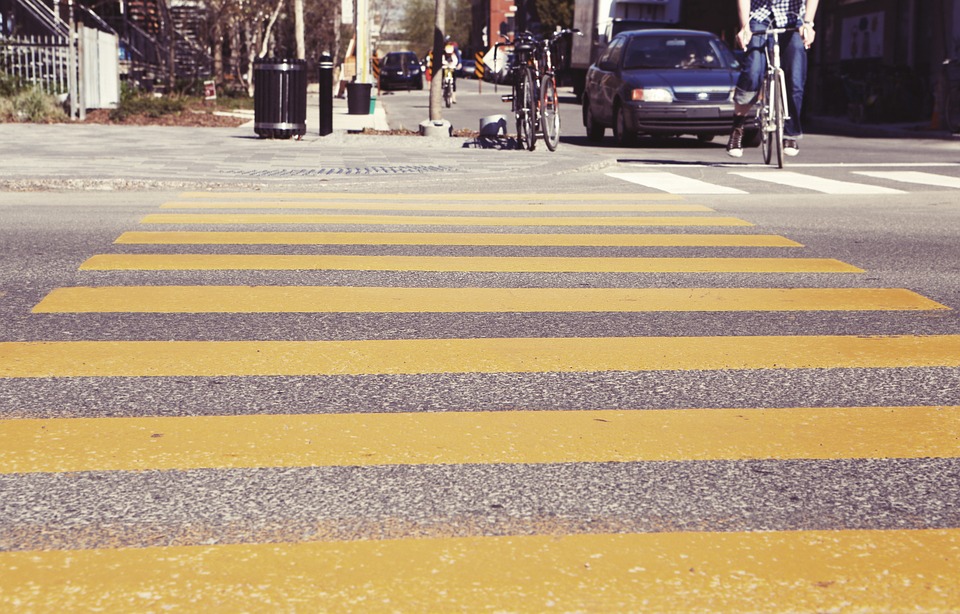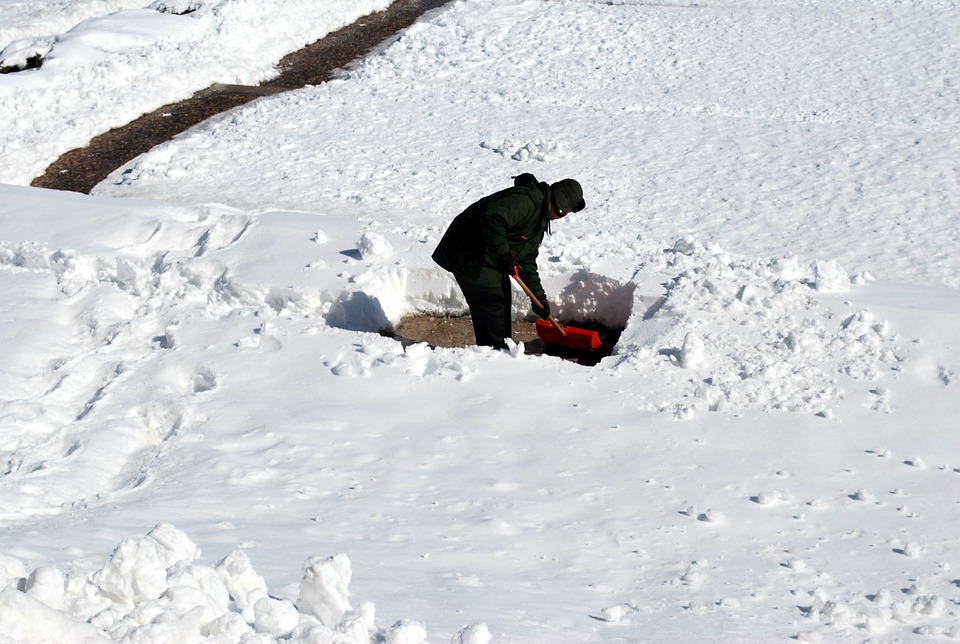Julie Entwistle, MBA, BHSc (OT), BSc (Health / Gerontology)
I get very confused when I see children riding bikes without helmets. Over the last many years the safety benefits of a helmet for biking, skiing, skateboarding, ice skating (and many other sports) has been well studied. Research shows that helmets can be extremely effective in preventing head injuries and ¾ of all cycling fatalities are the result of head trauma. You don’t even have to hit a car or tree to sustain a head injury – the ground or even your handlebars are often enough.
The laws in Ontario are clear: since October 1, 1995 anyone under the age of 18 is required to ride a helmet on a road or sidewalk (http://www.toronto.ca/cycling/safety/helmet/helmet_law.htm). Based on an increasing number of adult cycling deaths by head injury, it is likely that this law will soon be extended to adults as it is in other provinces.
So, considering the laws and the well-publicized risks, why are children (including young children) still seen riding bikes without helmets?
As adults, I recognize that we were not raised to wear helmets. Adopting this practice has been difficult as we find it unnatural, maybe uncomfortable, and probably uncool. However, most of us likely wear seat belts when in a vehicle. Why? BECAUSE WE WERE RAISED THAT WAY. Seat belt laws in Ontario were passed in 1976 and so many of us were raised in the era of this as mandatory. Many of us probably don’t even have to think about our seat belt anymore as it is part of our regular “get-in-the-car” routine and we feel naked and exposed without it. We need to apply the same concept of “normal” to our children regarding helmets.
There are two main reasons why children need to wear helmets.
1. They are safe and have been shown to save lives and reduce disability.
2. IT IS THE LAW.
As a parent, by not requiring that your child wear a helmet on their bike you are not only putting them at risk, but are also teaching them that laws don’t matter. And I am not talking about the diligent parents whose children leave the house with a helmet on, to later have this on their handlebars or undone on their head. I am mostly talking about the young kids in my neighbourhood who are out on their bikes without helmets, often under the supervision of their parents, and are thus not being taught that helmets are law, mandatory, and safe.
I am going to hazard a guess that no parent would put their child in a car without a seat belt. Heck, child seats are also law and until a certain age, these are five-point and offer more protection than the adult restraint. So, for the same reasons you put your child in a seat belt (protection and law) you need to ensure they are wearing a helmet for biking (skating, skiing, skateboarding). And lead by example – get a helmet for yourself and model the appropriate behavior. And be firm: no helmet should equal no bike. No discussion.
Previously posted June 2016
Summer Programming Note:
Summer vacation is here and we will be taking a break from our regular schedule. We will be posting some of our popular seasonal blogs just once a week throughout the summer but will resume our regular three weekly posts in September, filled with new and exciting content including our popular O-Tip of Week series.

